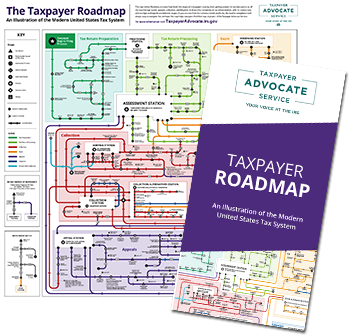

The Notice of Federal Tax Lien (NFTL) can affect the sale of different types of property, like a house, boat, car, or equipment. Applying for a C ertificate of Discharge , if granted, will remove the effect of the NFTL from the property named in the discha rge document .
This notice or letter may include additional topics that have not yet been covered. Please check back frequently for updates.
The IRS has filed a NFTL for unpaid tax balance s. Paying the tax balance in full can stop other collection actions. The NFTL is a publ ic record that can affect you and the sale of your pro p erty and assets
When you don’t pay your taxes, the IRS can file a public document with the local and/or state authorities. When the NFTL is filed, it alerts creditors and potential buyers that you owe the government.
The NFTL secures the priority of the government’s claim to your current and future property and assets until the balance is paid in full.
To request IRS consider discharge, complete Form 14135, Application for Certificate of Discharge of Property from Federal Tax Lien.
See Publication 783, Instructions on how to apply for a Certificate of Discharge from Federal Tax Lien, for more information on how to request discharge.
Once the IRS has reviewed your application for discharge of the NFTL, they will issue Letter 4025, Letter Advising of Action on Application for Discharge of Property from Federal Tax Lien, with its determination and any required action you need to take. If the IRS denies your request, you will be advised of your right to appeal under the Collection Appeals Program (CAP).
See Lien Relief for additional options to address the NFTL.



Publication 783,
Instructions on how to apply for a Certificate of Discharge From Federal Tax Lien


Publication 1,
Your Rights as a Taxpayer
Understanding your notice or letter
Browse common tax issues and situations at TAS Get Help
If you still need help
The Taxpayer Advocate Service is an independent organization within the IRS that helps taxpayers and protects taxpayers’ rights. We can offer you help if your tax problem is causing a financial difficulty, you’ve tried and been unable to resolve your issue with the IRS, or you believe an IRS system, process, or procedure just isn’t working as it should. If you qualify for our assistance, which is always free, we will do everything possible to help you.
![]()
Visit www.taxpayeradvocate.irs.gov or call 1-877-777-4778.
Low Income Taxpayer Clinics (LITCs) are independent from the IRS and TAS. LITCs represent individuals whose income is below a certain level and who need to resolve tax problems with the IRS. LITCs can represent taxpayers in audits, appeals, and tax collection disputes before the IRS and in court. In addition, LITCs can provide information about taxpayer rights and responsibilities in different languages for individuals who speak English as a second language. Services are offered for free or a small fee. For more information or to find an LITC near you, see the LITC page on the TAS website or Publication 4134, Low Income Taxpayer Clinic List.